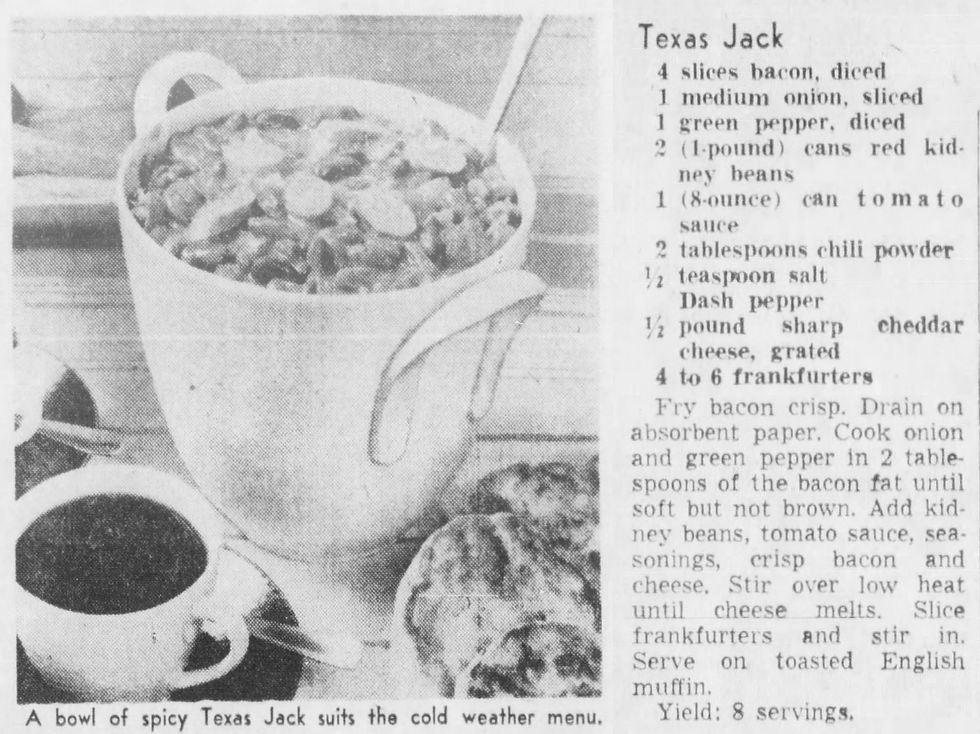Captain Jack Crawford
- Matthew Kerns

- Mar 3, 2020
- 2 min read
In 1876, Buffalo Bill Cody and Texas Jack Omohundro joined up as civilian scouts with the Army in pursuit of Crazy Horse, Sitting Bull, Chief Gall and the other Sioux, Cheyenne, and Arapahoe that had fought against and defeated Custer at the Little Bighorn. As what would come to be called The Great Sioux War, or sometimes the Black Hills War, halted over the winter, the two scouts met and decided to end their dramatic partnership. According to Cody, the two old friends met on a steamboat on the Yellowstone River and parted as friends. While we can't know what they discussed there, when they went their separate ways Texas Jack headed west on a trek through Yellowstone Park and Buffalo Bill east to stage a new play, The Red Right Hand, or Buffalo Bill's First Scalp for Custer.

Audiences had grown accustomed to seeing the two great scouts together, and Texas Jack was hard to replace. The first man Cody recruited in attempt to fill Omohundro's mocassins was John Wallace "Captain Jack" Crawford. Born of Scottish parents in Ireland on March 4, 1847, Captain Jack had emigrated to the United States as a child and followed his father to join the Union Army when he reached 17 years old.

He was a scout for General Crook during the Sioux War, which is where he first met Cody and Omohundro. He would tour with Cody for a single season, which ended when he was injured on stage by a gunshot to the groin. Initially, the injury was described as a simple accident, but Crawford would long maintain that he had been shot as a result of Bill Cody's on-stage drunkenness, creating a rivalry between the two scouts turned showmen.

Crawford was known as "The Poet Scout," and several books of his poetry were published during his lifetime, including one titled Virginia City, written as a letter to Texas Jack. Crawford's later play Fonda (alternately known as The Trapper's Daughter) was one of the last plays that Texas Jack performed, and friends of Crawford's wrote that seeing Omohundro perform the play in Denver was considered by Crawford to be the highlight of his literary career.

Captain Jack felt the call of gold and traveled to the Klondike in the Yukon along with 100,000 other souls, but had no luck as a prospector. He returned home, but became estranged from his family and returned east to Woodhaven, Long Island, New York, where he died on February 27, 1917, less than two months after his former friend and longtime rival Buffalo Bill Cody.




Hi Matthew...
I recently came across your site and this post. My husband's great-grandfather, William Wallace Bass was one of the first 'Canyoneers' at the Grand Canyon in 1883. He established a camp on the very edge of the vast Abyss, visited by the famous as well as infamous over 40 years. Names you might recognize... Zane Grey, Thomas Moran, John Muir just to name a few. My favorite was his years long friend, Captain Jack Crawford the Poet Scout. In researching my book, "Stories the Canyon Keeps", I came across several photos of W.W. Bass and Captain Jack. I colorized one of the pics of the old boys mugging it up for the camera, Bass is dressed in the…